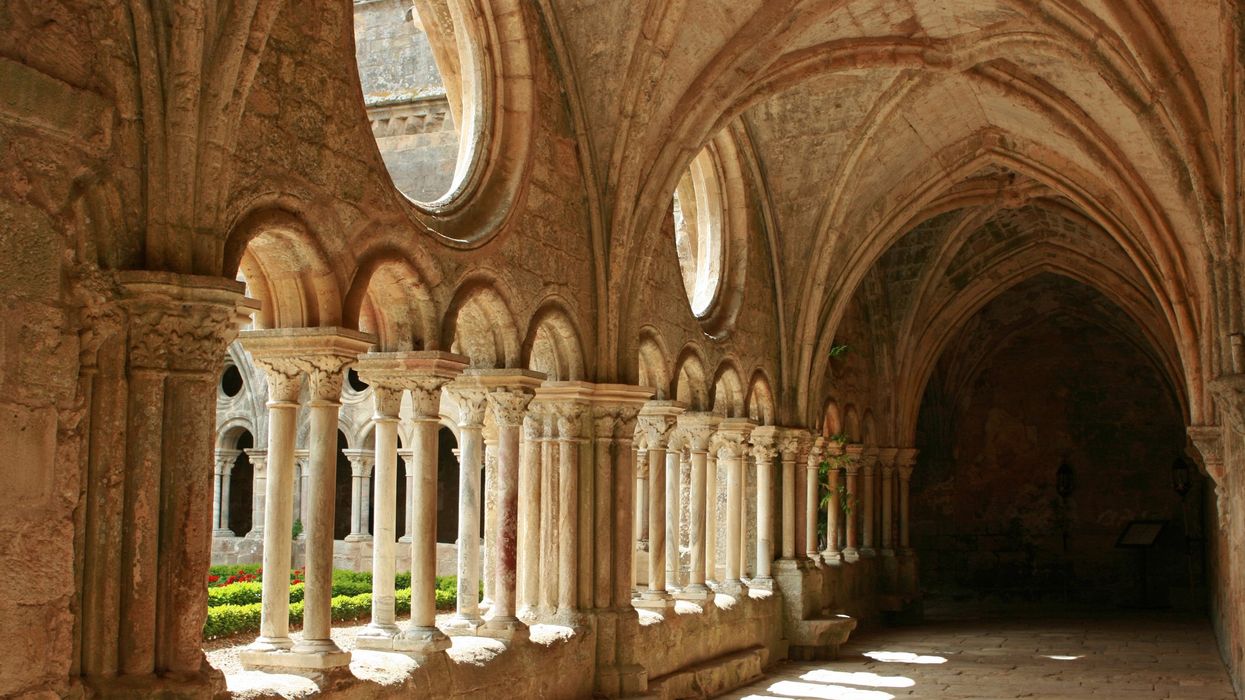
JurgaR/Getty Images

Many who do claim to believe that God is in control still spend a lot of time sweating the apocalypse that, surely, they insist, is right around the corner.
With a new Mad Max movie in theaters, and the online chatter in overdrive, it’s hard not to recognize that, as a country, we’ve been obsessed with our own downfall for a long time now. It started in earnest with the collective fear of nuclear annihilation – a well-meaning impulse, to be sure, but over the decades, it has gone to counterproductive extremes.
Our commonplace notions of retreat from the world at its best are often far more misguided than we believe.
The relentless fantasizing about America’s collapse — whether in the form of good news, bad news, or some heady mix — is taking our eye off the ball of the real catastrophes that have already happened and in which we now struggle for purchase on the direction of our lives.
It’s not just the problem of introducing into the collective consciousness crazy notions that, once acted out in voluntary or involuntary fashion, can spin into real damage real fast. It’s the flip side of the catastrophist coin: dreaming of dropping out of our “cooked” society and hunkering down somewhere in the woods.
As Ted Kaczynski learned the hard way, one does not simply “go live in the woods.” Martin Heidegger might have been able to distract himself with made-up words from shipping out mail bombs from his isolated hut, but those who try to retreat from the world armed only with a merciless view of everything people have ever done wrong are all but certain to strike back in vengeance — against others or, fundamentally, themselves.
No, stronger spiritual stuff than that is required. But even so, our commonplace notions of retreat from the world at its best are often far more misguided than we believe.
Elon Musk, who not long ago referred to his current living situation as a “tech monastery,” recently posted an open call for applications to his latest mega project with a curious sales pitch: “Join xAI if you believe in our mission of understanding the universe, which requires maximally rigorous pursuit of the truth, without regard to popularity or political correctness.”
Sounds good, but a snappy comeback would be that someone treating tech monastically to understand the universe through truth instead of opinion ought to try out a real monastery. Yet, the prevailing Western sense of the purpose of monasteries reveals the surprising hollowness of a “so true” joke like that.
Here in the West, the experience of Europe after the archetypal fall of the Roman Empire is that the monasteries “saved civilization” — a trope people nowadays seem unable to look past as the pillars of contemporary life crumble around us. All those monks who ran away from the falling empire should be celebrated and imitated, we’re advised, because they ... preserved the great works of Western civilization in their scriptoria!
People seem to have forgotten that monks should have a more than passing familiarity with the propensity of Jesus, who criticized so few, even when his life depended on it, to criticize the scribes.
The purpose of monasteries, especially in catastrophic times, is assuredly not to hoard knowledge, however much, in such times, people outside the monasteries fail to preserve much of anything of lasting use or value. Monasteries have one all-important job and that is simply to pray for the salvation of the whole human race and each and every person within it.
I find it troubling and revealing that, in these post-catastrophic times, so many people seem willfully ignorant of this simple truth, or even actively resistant to it. They seem to really believe, whether they are ready to admit it or not, that piles of books are genuinely more important to our salvation (or that of “civilization”) than round-the-clock prayers from those most wholly dedicated to communing with God to the limits of human ability on earth ... even though the knowledge stored up by those rare and precious people is probably a lot different from what the average person outside a monastery would want or expect it to be.
Similarly, such people are strangely inclined to be dismissive of monastic prayer that God not allow the one thing they are ostensibly most stressed out about — the destruction of decently ordered human life. Of course, it’s not that strange for people who just don’t believe God has control over whether we thrive or perish.
But few, even now, are quite willing to come right out and say that. And even many who do claim to believe that God is in control still spend a lot of time sweating the apocalypse that, surely, they insist, is right around the corner.
These conflicting, confused, and contradictory attitudes are not just a lot of mental jibber jabber. They’re actually the source of our chaotic and cursed-like situation. So many different ways of dodging the reckoning with our misplaced priorities that we’re being pushed toward, harder and harder, by a merciful God — no matter how much we substitute fretfulness for right action.James Poulos
BlazeTV Host